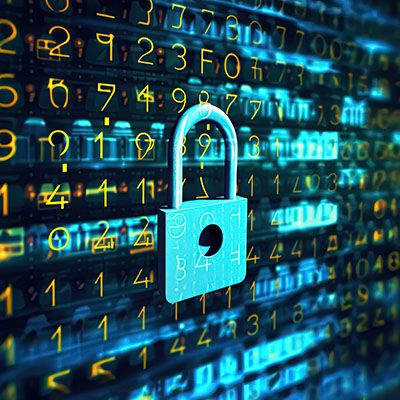Three Ways You Benefit from Encrypting Your Email

Encryption stands as a formidable shield for businesses, fortifying their security architecture. While often discussed in VPN contexts, its significance in securing email solutions cannot be overstated. Why is email encryption indispensable for businesses of all sizes? Let’s explore.
Before delving deeper, let’s grasp the essence of encryption. Essentially, it’s a protocol that renders data unreadable through scrambling, requiring decryption via a designated “key.” This technology is pivotal in securing email transmissions.
Safeguard Sensitive Data
Sharing sensitive information via email is commonplace in business interactions. However, without encryption, intercepted messages pose severe risks of data breaches. Encrypting sensitive emails ensures only intended recipients can access the content, mitigating potential threats.
Ensure Regulatory Compliance
Numerous compliance laws, including HIPAA, GDPR, and PCI, mandate email encryption for secure communication. Compliance extends not only to transmission but also storage. Non-compliance invites hefty fines and financial losses, underscoring the importance of adhering to regulatory guidelines.
Enhance Trust and Reputation
Utilizing encryption in email correspondence fosters trust between senders and recipients. It demonstrates commitment to data security and privacy, cultivating a reputation of reliability. Building trust with clients, partners, and stakeholders paves the path for lucrative business opportunities.
Is Your Email Secure?
For SMBs, an encrypted email solution is not just beneficial—it’s imperative. Partner with White Mountain IT Services to implement a robust email solution aligned with your security priorities. Contact us at (603) 889-0800 to learn more about safeguarding your business communications.

